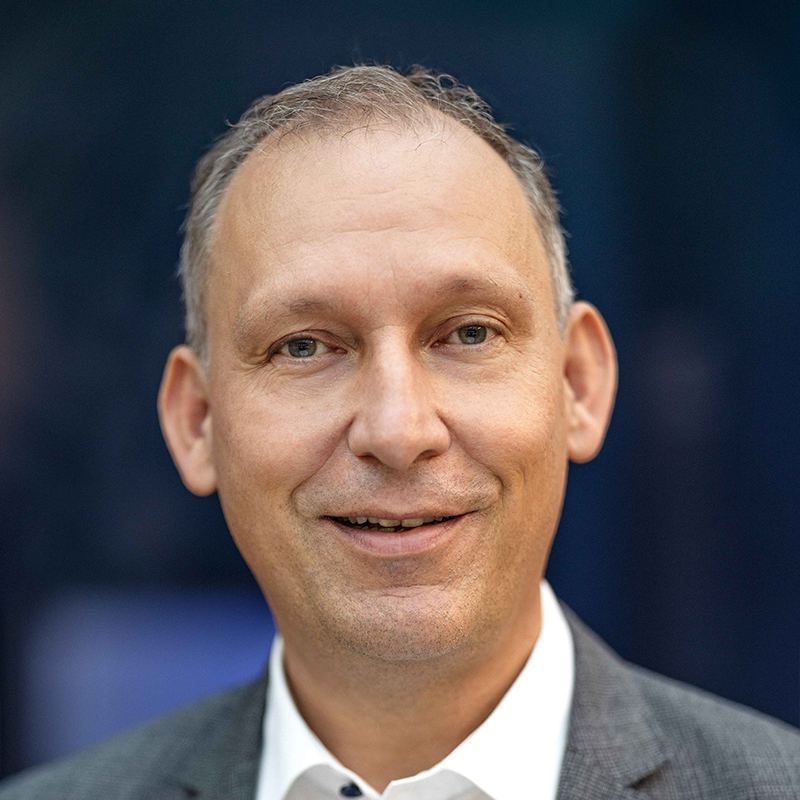Dr. Sean White is dedicated to the idea that science, technology, and design can improve lives. He has worked across disciplines, from computer science to nanoscale fabrication to botany building strong teams, successful companies, and global organizations. Dr. White currently works with several start-ups and nonprofits in the roles of advisor, investor, and board member. He is the former Chief R&D Officer for Mozilla. Prior to Mozilla, Dr. White was a Founder/CEO of BrightSky Labs, a company he incubated while at Greylock Partners that provided creativity tools enabled by machine learning. Previous roles include, CTO of NeoCarta Ventures, Founder/CEO of RecNet, VP of Technology for Lycos, Inc., CTO of WhoWhere?, Inc., and Head of New Mobile Forms and Experiences at Nokia.
In addition to 30+ peer-reviewed publications, 3400 citations, and 20+ patents granted, Dr. White’s award winning work received a Tech for Global Good Laureate. Dr. White has created graduate courses at Stanford University and Columbia University as well as keynoted at IEEE and ACM conferences and served on the Steering Committee for IEEE’s International Symposium on Mixed and Augmented Reality (ISMAR). Sean earned his B.S. and M.S. in Computer Science from Stanford University and his MS in Mechanical Engineering and Ph.D. in Computer Science from Columbia University.

.avif)
.avif)












.jpg)






.avif)
%20(1).jpg)

.jpg)














